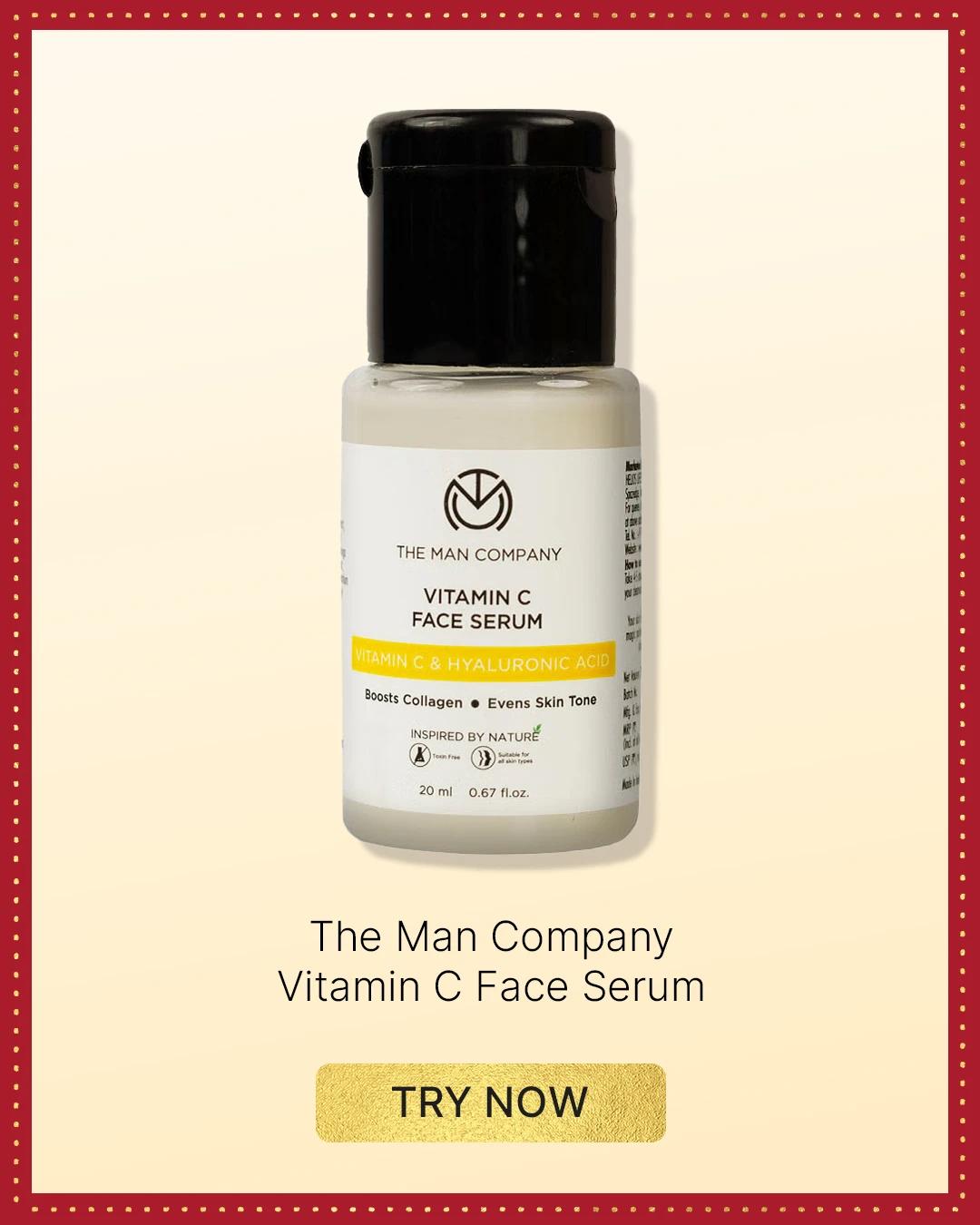Even with the best intentions, it's easy to make mistakes that can sabotage your serum success. These common pitfalls can irritate your skin, waste product, or prevent you from seeing results. Knowing what to avoid is just as important as knowing what to do.
A little awareness goes a long way in getting the most out of your serum investment.
Overusing Product
More isn't always better with serums. Using too much can irritate your skin, waste product, and potentially cause breakouts. If your skin feels sticky or pills up under other products, you're probably using too much.
Mixing Incompatible Ingredients
Some ingredients don't play well together. Retinol and vitamin C, for example, can be irritating when used simultaneously. Research ingredient compatibility or space them out in your routine to avoid reactions.
Neglecting Sunscreen
Many active ingredients make your skin more sensitive to UV damage. If you're using serums with retinol, acids, or vitamin C, consistent sunscreen use becomes even more important for protecting your skin.
Frequently Asked Questions
Can I use multiple serums at once?
Yes, but start slowly and pay attention to how your skin reacts. Layer from thinnest to thickest consistency and avoid combining potentially irritating ingredients. If you're new to serums, try one at a time first.
How long does it take to see results from a face serum?
Most serums take 4-6 weeks to show noticeable results, though some hydrating serums work immediately. Anti-ageing and brightening serums typically need longer—sometimes 8-12 weeks for significant changes.
Are expensive serums always better?
Not necessarily. Price doesn't always equal effectiveness. Focus on ingredients, concentrations, and formulation quality rather than cost. Some affordable serums work just as well as their pricier counterparts.
Can men use face serums too?
Absolutely! Skincare isn't gender-specific. Men can benefit from serums just as much as women, especially for concerns like hydration, anti-ageing, or acne treatment.
How should I store my face serum?
Most serums should be stored in a cool, dry place away from direct sunlight. Some ingredients like vitamin C are particularly sensitive to light and heat, so proper storage helps maintain their effectiveness.
Final Thoughts
Choosing the best face serum doesn't have to feel like rocket science. It's about understanding your skin, doing a bit of research, and being patient with the process. Remember, skincare is personal—what works brilliantly for your mate might not suit your skin at all.
The key is starting with your skin type and concerns, then finding ingredients that address those specific needs. Don't be afraid to experiment (safely, with patch tests), and give products time to work their magic. Your skin's needs might change over time too, so stay flexible and adjust your routine as needed. The perfect serum is out there waiting to become your skin's next obsession.
